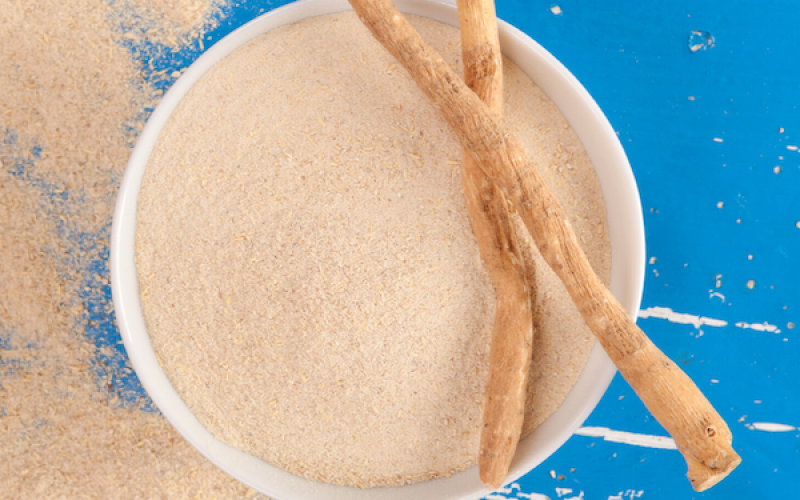Ashwagandha is a popular ancient medicinal herb used in Ayurvedic medicine for over 2,500 years. It is becoming popular in the west because of its history of helping to reduce stress, the primary ‘disease’ of twenty-first-century life.
Ashwagandha, did you know?
Botanically known as Withania Somnifera root, it’s a member of the Solanaceae or nightshade family, which includes potatoes, peppers, and tomatoes. It is also called Indian ginseng or winter cherry.
The word Ashwagandha in Sanskrit means “smell of horse”: ashva means “horse” and gandha “smell” because the fresh roots of the herb are said to smell like a horse. It’s also where the stories that consuming it will develop the strength and vitality of a horse. Ironically, Somnifera translated from Latin to mean “sleep-inducing.”
Ashwagandha is classified as an adaptogen, meaning it can adapt to the body’s needs by balancing levels of hormones helping to maintain homeostasis or a sense of internal balance. Thus, manage stress.

The roots, leaves, and fruit are used for their medicinal properties. The leaves and fruit can be applied externally to the skin to treat wounds and back pain. The tuberous root is most often used orally to help improve brain function, increase alertness, relieve stress and anxiety.
The active ingredients are Withanolides which are a group naturally occurring steroids, which reduce inflammation and calm the nervous system. The health benefits of taking Ashwagandha include:
- Managing stress
- Helping adrenal fatigue
- Reducing anxiety and depression
- Increasing stamina and endurance
- Reducing brain cell degeneration
- Stabilising blood sugar
- Lowering cholesterol
- Boosting immunity
- Improving thyroid function

Studies
There is good evidence from double-blind placebo-controlled trials to support ashwagandha reducing cortisol levels which result from a stressful situation. Studies also seem to support a beneficial effect on blood glucose levels and a minor but reliable decrease in HDL cholesterol.
Dosage
Ashwagandha is available in extract form in capsules, powders, and tea. The dosage depends on several factors including age and health history, buy a reputable brand and follow the dosage recommendations on the product.

Precautions
Pregnant and breastfeeding women should avoid taking any adaptogen including Ashwagandha.
Side effects may include an upset stomach, a drop in blood sugar, and a decrease in blood pressure so should be taken with caution if have digestive issues such as IBS, diabetes, or a heart condition.
As always, please discuss taking any new supplements with your GP or qualified health professional before you start. Ashwagandha can interact with prescription medications including thyroid medications, immunosuppressants, and some sedatives,

Summary, is ashwagandha a wonder herb?
Probably not, but it may be beneficial during periods of increased stress, especially if used as part of a multifactorial lifestyle approach to wellbeing — for example, quality sleep, relaxation, balanced nutrition, and exercise.
Refs:
Ashwagandha. Natural Medicines Comprehensive Database Consumer Version. Stockton, CA: Therapeutic Research Faculty, Updated June 30, 2011
Mishra, Lakshmi-Chandra, Betsy B. Singh, and Simon Dagenais. “Scientific basis for the therapeutic use of Withania somnifera (ashwagandha): a review.” Alternative Medicine Review 5, no. 4 (2000): 334-346.







